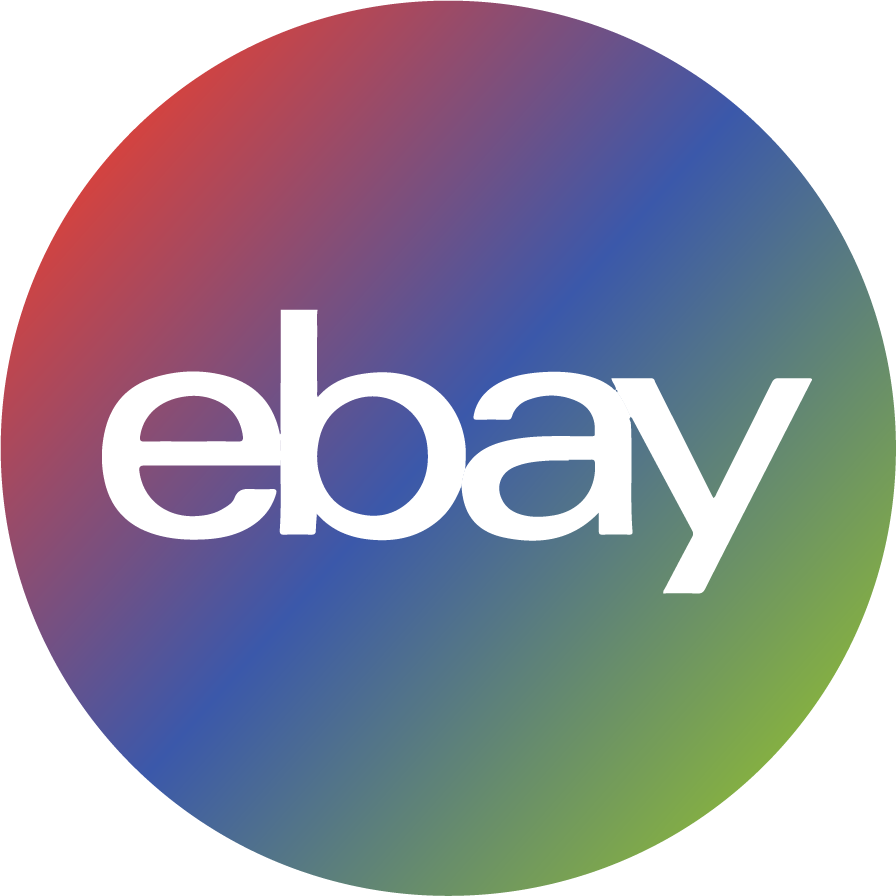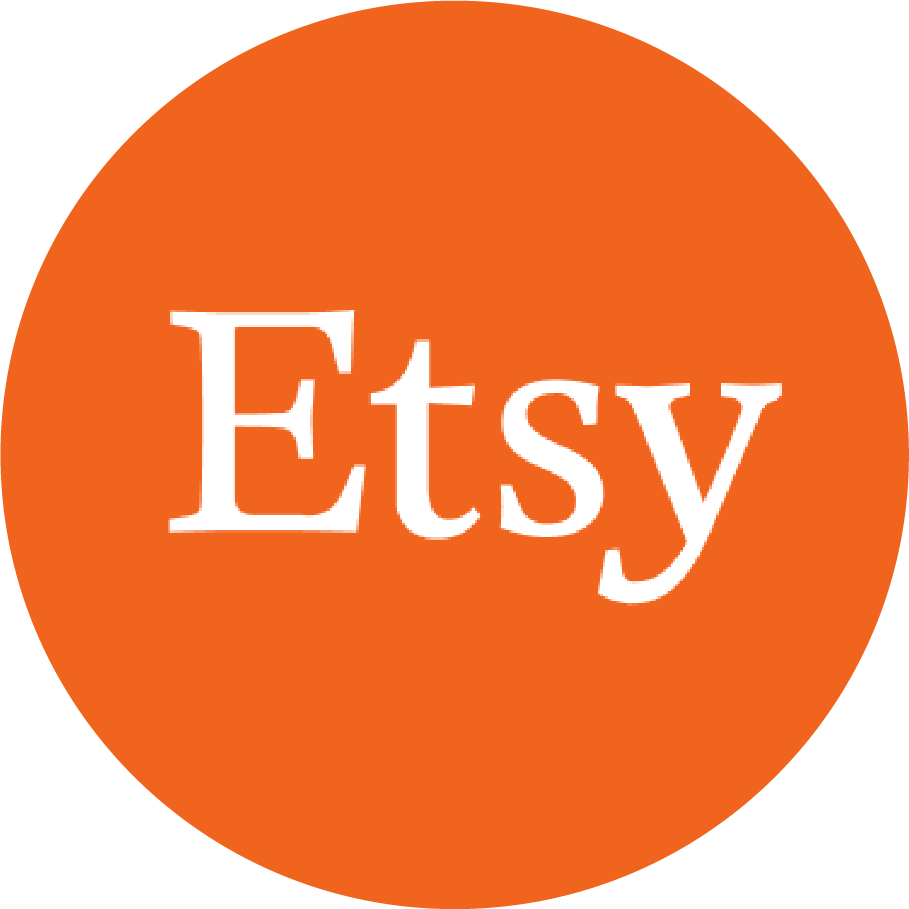
ECommerce
E-commerce is short for "electronic commerce" and describes selling goods and services through the internet. Mostly it is referred to as E-commerce when a physical product is sold online by either a business or a consumer.
Want Are The Most Common Types Of
ECommerce Platforms
Like a shop can target either customers or businesses with their product, so can E-commerce stores.
If the item is sold directly from the business to the customer, it’s referred to it as "retail". Still, there are many other ways, such as "wholesale" or "drop shipping", in how businesses sell their products to customers online.
Wholesale describes the process when companies ship their product to a retailer that then resells it directly to the customer. When the item gets produced by the business but shipped by a third party, one would refer to it as "dropshipping".
For all common types of E-commerce, there are multiple platforms and Marketplaces to advertise these products and put them up for sale.
The most popular E-commerce platforms for businesses are:
Why Is ECommerce So Popular In 2023?
The main driver for the rise of E-commerce is comfort.
Ecommerce allows customers to find products they wouldn't have found any other way. Shop late at night while watching TV and relaxing, while being on the tram or outside in the park — E-commerce allows customers to shop whenever, wherever they want.
From a customer's point of view, the advantages are apparent, but also businesses benefit from marketing their business online. They will be able to reach customers worldwide while facing way fewer recurring costs than they would have to pay if they had a brick and mortar store.
How Do ECommerce Plugins Work?
Plugins allow you to connect your eCommerce store with other order management systems or tracking generation programs. The programs you use for order fulfilment can push or pull orders directly into or out of your E-commerce platforms.
This way, it’s possible to have many different E-commerce stores on various platforms and Marketplaces while still collecting all your orders in one place. Now, instead of checking every single platform for the order, shop owners can open one program, and all their plugins pull the orders in.
Plugins combine eCommerce shops with fulfilment or design programs.
What Do Online Stores Look For When Selecting An ECommerce Shipping Platform?
If shops are looking for an E-commerce shipping platform, chances are they want to save time and money and take as much work out of their shipping process as possible.
In the beginning, small businesses are getting the most use out of a shipping management system if it allows them to get the best rates for the best prices. As soon as they know what services work best for what type of shipments, the main focus of their fulfilment optimisation turns from saving money to saving time. Uploading shipments in bulk plays a significant role and allows small businesses to process hundreds of orders at once.
How Can A Courier Franchise Profit From ECommerce
Other than shipments in the supply chain, E-commerce stores often ship smaller boxes and items. So instead of having one big load a week, they have plenty of small shipments a day. If a courier franchise can offer E-commerce stores a shipping solution that works for them, they gain a customer that ships regularly. The franchisee now earned ongoing residual income throughout the years.
Ecommerce is projected to increase by nearly 26% between 2021 and 2025. So, while offering shipping solutions to eCommerce stores now, Courier Delivery Franchisees can grow with their customer base without putting in any extra effort with a growing number of shipments.
What Is The Future Outlook Of The Industry?
Retail eCommerce will make up 36.3% of total retail sales in 2022, making the UK global market leader. Even the US, which has the second-largest E-commerce market, is way behind with only a 13% share.
Not only the market but also the customer demand for shipping solutions grows. With 61% of customers saying they abandoned their cart if the shipping costs are too high, 45% of British consumers are more likely to shop if the store offers next day delivery.
Over 80% of retailers, however, do not provide that service. With the growing demand from customers grows the need from shops for shipping solutions. As a courier delivery franchisee, you can fill this demand.
ECommerce Integration Services Offered By World Options Franchises
World Options makes sure its integrations are suitable for every eCommerce shop, regardless of how big or small the shop might be. With PlugIns for platforms such as:
as well as marketplaces and Connectors like, for example:
World Options makes sure to cover all the major eCommerce sites. With 48% of online shoppers going straight to large eCommerce platforms and Marketplaces, World Options covers them all and pulls the orders into one place.
Once the orders are in the system, the user simply chooses their preferred shipping service out of a variety of services from different providers such as UPS, DHL, Evri or FedEx, clicks ship and their parcels are on their way to the customer.
Selling goods through the internet while fulfilling the growing customer expectations has never been that easy. As a World Options Franchisee, you help small businesses grow while growing with them.
Case Studies

Ready to Get Started?
It could not be easier to start your journey with World Options
























